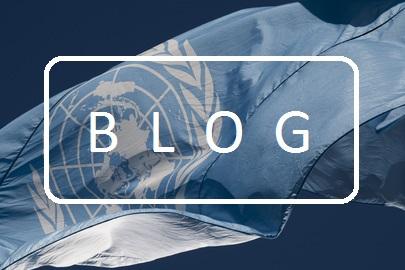
Strong and effective institutions are paramount to the achievement of the 2030 Agenda for Sustainable Development and all the Sustainable Development Goals (SDGs). This is well recognized in the Agenda itself. However, five years after the start of the implementation of the Agenda, governance issues remain at the forefront. The 2021 edition of the World Public Sector Report, published by the United Nations Department of Economic and Social Affairs (UN DESA), looks in detail at changes in national institutional arrangements for implementing the SDGs since 2015, and examines selected aspects of their effectiveness.
Since 2015, most countries have adjusted their institutional frameworks to support their commitments to implementing the 2030 Agenda. This has comprised, inter alia:
- incorporating the SDGs and other elements of the Agenda into the national institutional context (for instance, national strategies and plans, planning processes, and the work of parliaments and existing government or multistakeholder institutions);
- creating new institutions (for example, high-level coordination mechanisms or technical working groups); and
- setting up new mechanisms for engaging various stakeholders around SDG implementation.
Such changes have taken place gradually, at a pace typical of those to be expected in the institutional area, with typically some years between initial design and implementation. The COVID-19 pandemic has caused an abrupt shock to all countries. The pandemic and governments’ responses to it have impacted the functioning of public institutions in ways that directly affect the capacity of governments to deliver the SDGs, starting with the basic functions of government, including the delivery of public services and public administration. The imperatives of managing of the pandemic have meant that governments have had to take quick decisions in terms of resource allocation, prioritization of policy agendas, and sustaining the functioning of key institutional processes, all of which potentially create tensions with long-term goals such as the SDGs.
The pandemic has also revealed institutional weaknesses in areas critical for piloting the SDGs, such as crisis preparedness, policy integration, communication, and others. This has happened in countries at all levels of development. On the other hand, the year 2020 has also witnessed institutional innovations in areas as diverse as administrative management, stakeholder engagement, transparency and accountability. Lastly, the pandemic also highlighted the importance of trust between people and governments, as well as the broader social contract under which societies operate.
Read more...
by Mr. Elliott Harris, Assistant Secretary-General for Economic Development and Chief Economist, United Nations Department of Economic and Social Affairs
 Добро пожаловать в ООН!
Добро пожаловать в ООН!